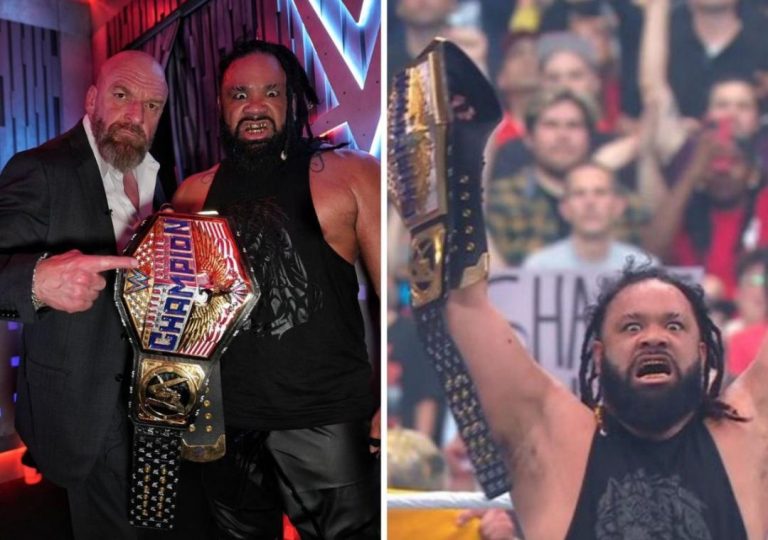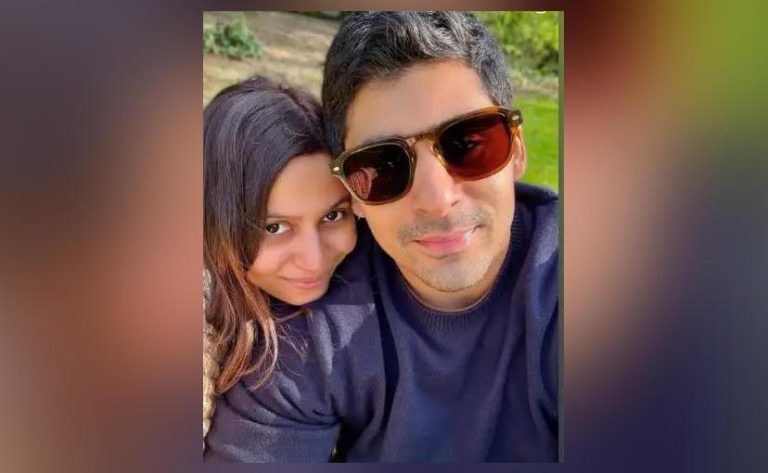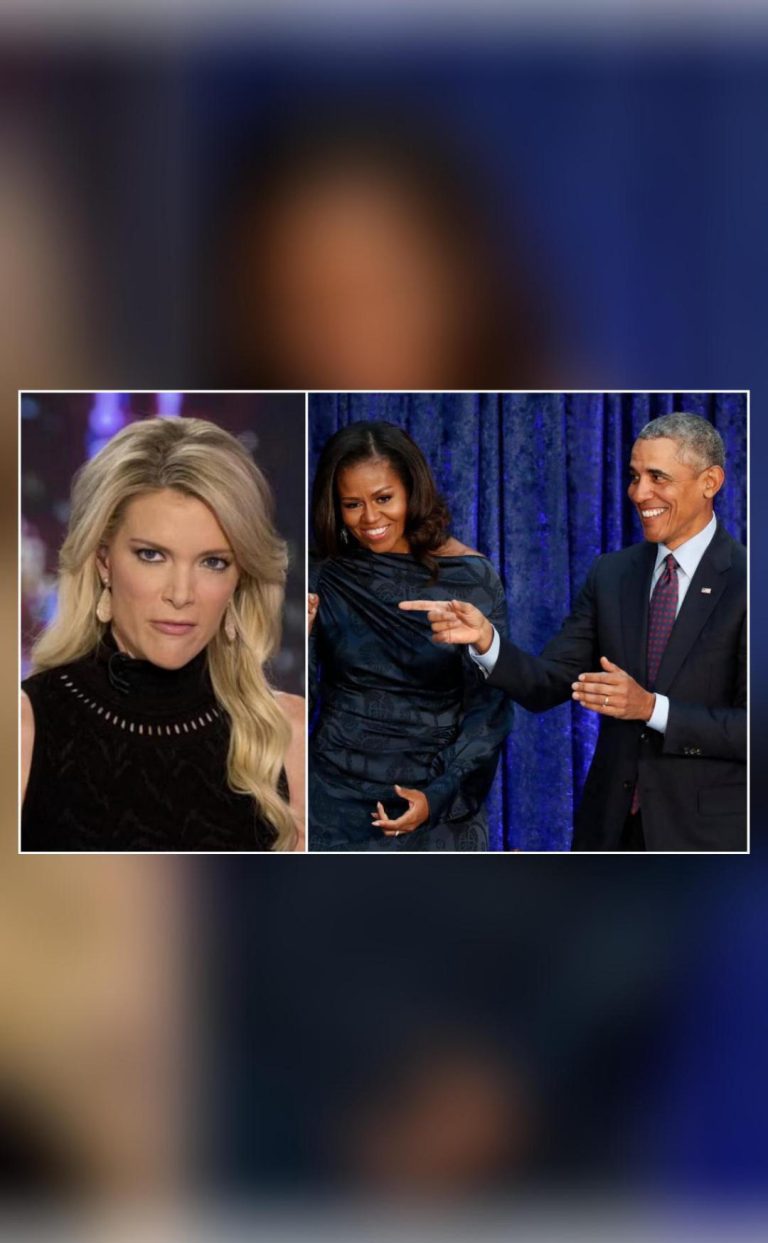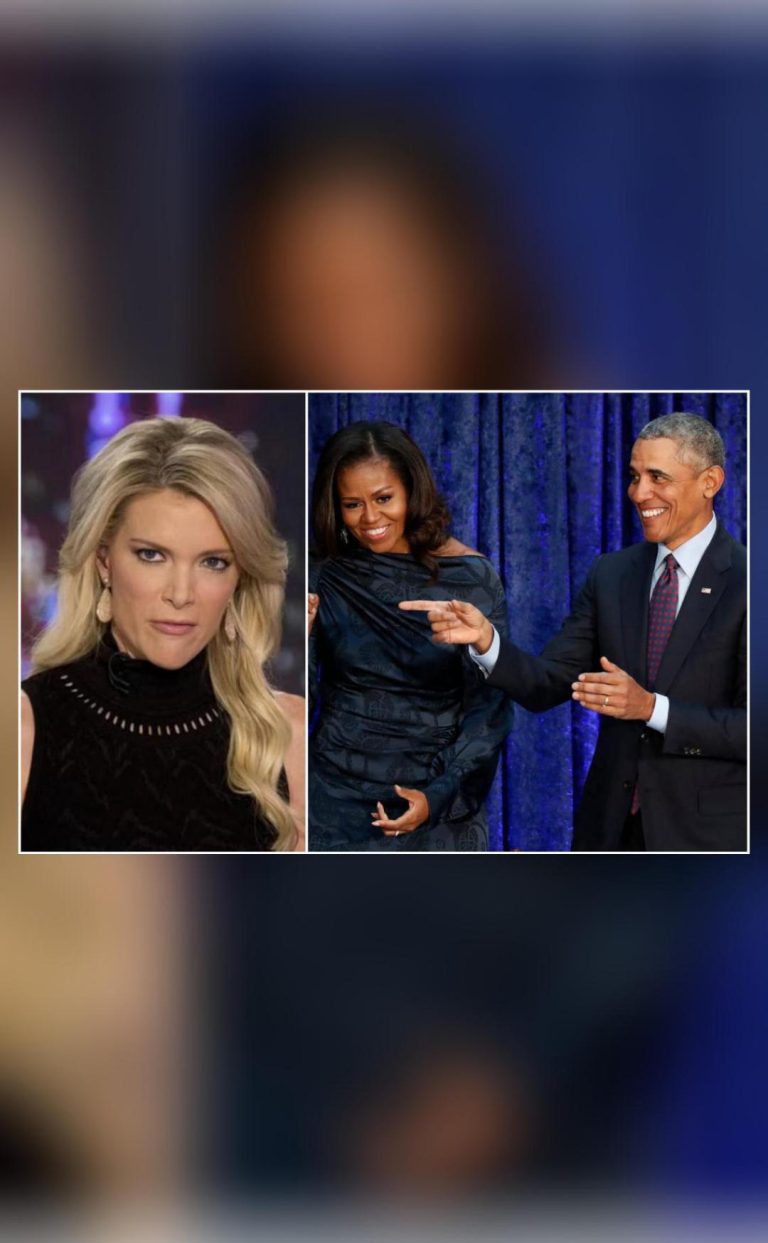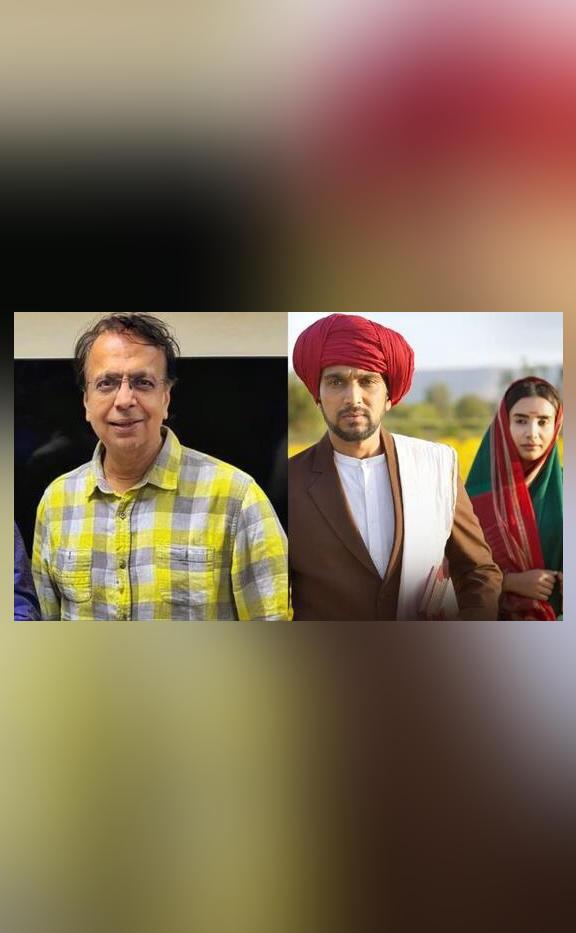
Society is Immature: ‘Phule’ Director on Film Facing Backlash
The trailer of director Ananth Mahadevan’s upcoming film ‘Phule’ has been making waves in the film industry, but not for its captivating storyline or impressive visuals. Instead, the trailer has been the subject of controversy, with the Brahmin community calling out the film as biased against them. In response to the backlash, Mahadevan has taken to the press to express his frustration with society, labeling it as “immature” and “regressed”.
In an interview with a leading publication, Mahadevan expressed his disappointment with the way society has become self-centred and materialistic. “Society has regressed. People have become self-centred and materialistic. They are more concerned about their own interests than the welfare of the community,” he said. He also added that the film ‘Phule’ is not meant to be a propaganda piece, but rather a thought-provoking film that highlights the struggles faced by marginalized communities.
Mahadevan’s comments come on the heels of the Central Board of Film Certification (CBFC) demanding cuts in the film after Brahmin outfits claimed that the film’s content is biased against their community. The director has refused to make any changes to the film, citing artistic freedom. “I am not going to compromise on the content of the film. I am an artist, not a politician,” he said.
The controversy surrounding ‘Phule’ is not new. The film’s trailer was met with widespread criticism from the Brahmin community, who claimed that the film’s portrayal of Brahmins was inaccurate and biased. The community has been vocal in its criticism of the film, with some even calling for a boycott.
However, Mahadevan is not one to back down from a fight. In an era where artistic freedom is often compromised, he is standing by his film and refusing to make any changes to appease the Brahmin community. “I am not going to be intimidated by threats and intimidation. I am going to make the film I believe in, and I am going to stand by it,” he said.
So, what is ‘Phule’ about? The film is a biographical drama that tells the story of Jyotirao Phule, a social reformer who fought for the rights of marginalized communities in 19th century Maharashtra. The film stars Atul Kulkarni as Phule and explores the struggles he faced in his fight for justice and equality.
Mahadevan has said that the film is meant to be a tribute to Phule’s life and work, and to highlight the struggles faced by marginalized communities. “Phule’s life is a testament to the power of courage and conviction. He fought against all odds to bring about change, and his legacy continues to inspire us today,” he said.
However, the Brahmin community has taken issue with the film’s portrayal of Brahmins. They have claimed that the film is biased against them and that it portrays Brahmins as oppressors. Mahadevan has denied these claims, saying that the film is meant to be a balanced portrayal of the struggles faced by all communities, including Brahmins.
The controversy surrounding ‘Phule’ is not just about the film itself, but also about the state of society. Mahadevan’s comments about society being “immature” and “regressed” reflect a growing concern about the way society is heading. In an era where social media has given everyone a platform, people are more likely to express their opinions without considering the consequences.
Mahadevan’s comments are a reminder that society needs to be more open-minded and tolerant. We need to be willing to listen to different perspectives and engage in constructive dialogue. We need to be willing to challenge our own biases and prejudices, and to work towards creating a more just and equal society.
In conclusion, the controversy surrounding ‘Phule’ is not just about the film itself, but also about the state of society. Mahadevan’s comments about society being “immature” and “regressed” are a reminder that we need to be more open-minded and tolerant. We need to be willing to listen to different perspectives and engage in constructive dialogue. We need to be willing to challenge our own biases and prejudices, and to work towards creating a more just and equal society.

